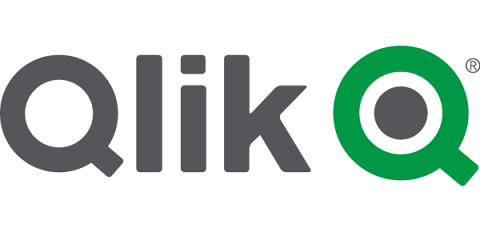Systems | Development | Analytics | API | Testing
Latest News
TypeScript Compiler API: Improve API Integrations Using Code Generation
Developing against third-party or unfamiliar web APIs can be painful and slow compared to using native libraries. For example, making requests with an HTTP client is simple enough but offers no compile-time sanity checks and no way for code suggestion tools like Intellisense to help you navigate. Worst of all, if the API you are consuming introduces breaking changes, you won’t find out until runtime.
It's time to move your CI/CD to the cloud
In this article, I'll walk you through the differences between self-hosted CI/CD and cloud-based CI/CD (like Bitrise!) and show you why it's time to move into the cloud.
Logit.io named as a Performer in log management & data analytics award
We are excited to announce that Logit.io has recently taken home three awards from Appvizer’s selection ranking the best log management and data analytics tools on their platform. In addition to this, we’ve also been named as one of their certified partners for 2021.
How to create a collaborative QA strategy with collective testing
If you’re reading this, chances are your organization is already aware of the additional management effort, devices, and testers required to ensure quality QA through software testing. You’re likely not doing it alone. Your in-house testers and external resources are probably scattered across different testing management platforms and software. But multiple platforms make collaboration more complicated than it needs to be.
The Ultimate Salesforce Developers Guide
Keys to Ensure that Data isn't Slowing Down your Innovation Efforts
In digital transformation projects, it’s easy to imagine the benefits of cloud, hybrid, artificial intelligence (AI), and machine learning (ML) models. The hard part is to turn aspiration into reality by creating an organization that is truly data-driven.
United Safety & Survivability Corporation Establishes a Unified Analytics Framework with Qlik Cloud
The manufacturing industry, like any other industry, is not immune to data challenges. Sourcing data, wrangling it and ensuring it’s being used in a governed, standardized way are not uncommon problems. Particularly in manufacturing, issues surface with inventory management, within the supply chain and with logistics.
How to Use Fivetran dbt Packages to Accelerate Analytics
Fivetran dbt Packages accelerate analytics with off-the-shelf SQL for data modeling.
Benchmarking Redis with k6
Previously, I have covered an article on Load Testing SQL Databases with k6 . For your information, from k6 version 0.29.0 onwards, you can write a k6 Go extension and build your own k6 binaries. This comes in handy as you can use a single framework for load testing different protocols, such as ZMTQ, SQL, Avro, MLLP, etc. In this series of k6 extensions, let’s benchmark Redis now.











